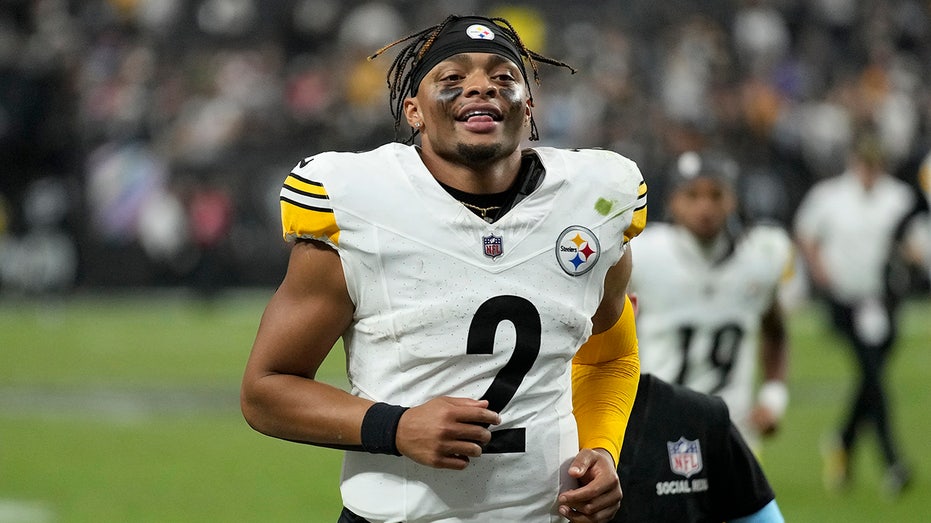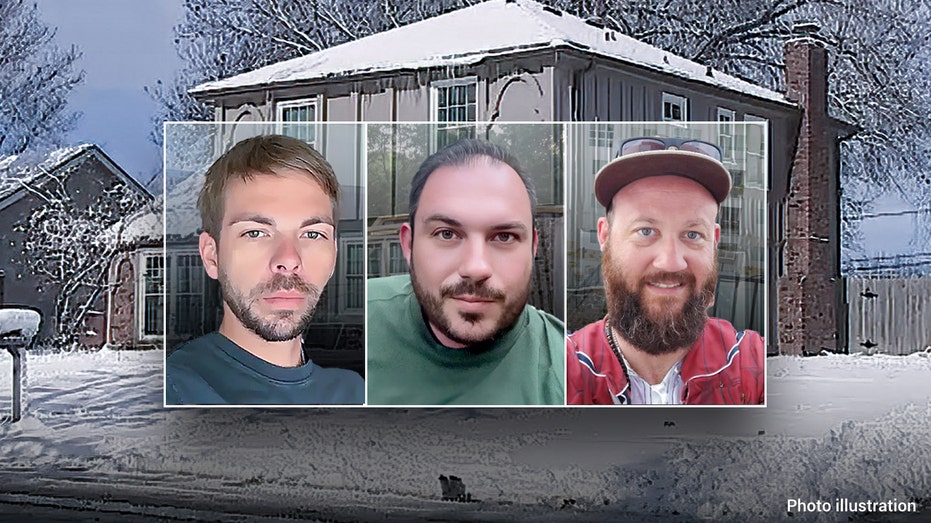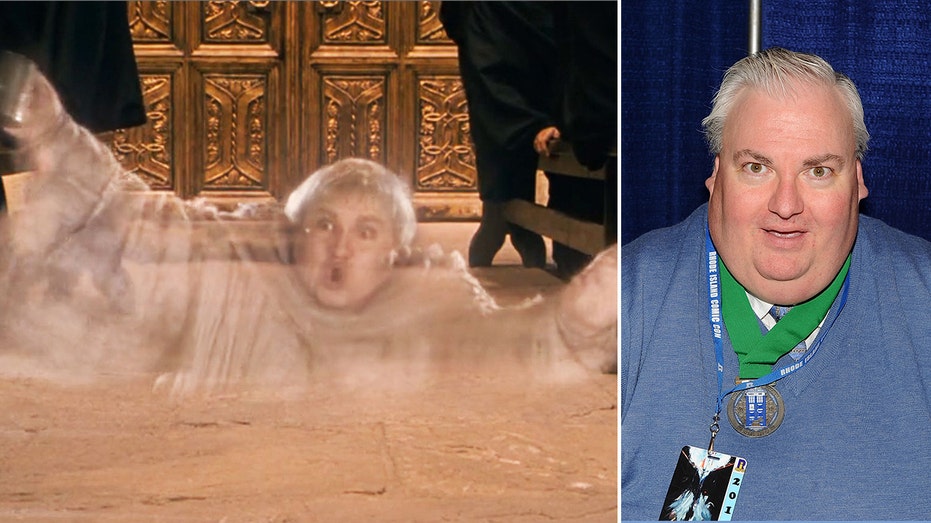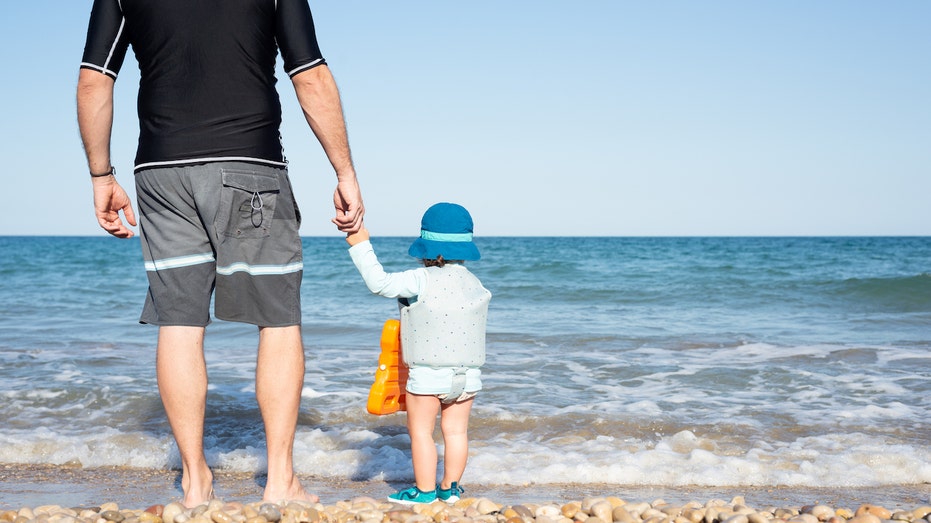- by foxnews
- 11 Mar 2025
Whispers, hours of uncertainty - then news of the death of the Queen
Whispers, hours of uncertainty - then news of the death of the Queen
- by theguardian
- 09 Sep 2022
- in news
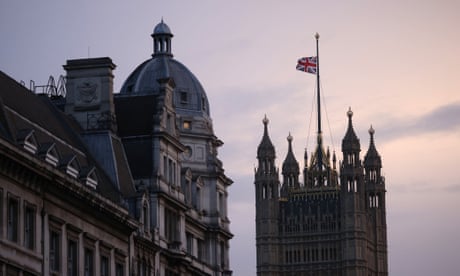
It was immediately obvious that something grave was occurring. Shortly after noon, Nadhim Zahawi, the chancellor of the duchy of Lancaster, headed urgently into the Commons chamber to pass Liz Truss a note. He lingered to conduct a whispered briefing with the new prime minister while Keir Starmer addressed the chamber.
Moments later, Angela Rayner, Labour's deputy leader, was also handed a sheet of paper. She digested its contents, before looking up in a moment of doubt and concern. The debate on the energy price cap continued, but suddenly the government's £150bn bailout was no longer the story of the day.
Journalists present were quick to notice. Knowing it had to be something significant to prompt such a flurry of activity, speculation turned quickly to the health of the Queen. The 96-year-old monarch had looked frail when she had invited Truss to form a government at Balmoral two days earlier, with bruising, probably from a cannula, clearly visible on her right hand.
It was not necessary to wait long. Shortly after 12.30pm, Buckingham Palace released an unusually direct statement. "The Queen's doctors are concerned for Her Majesty's health and have recommended that she remain under medical supervision," it said. Other details were spare: "The Queen remains comfortable," it said, but pointedly there was nothing more positive on her state of health.
A few minutes later, the debate in the Commons was briefly interrupted by Lindsay Hoyle, the Speaker, just as Ian Blackford, the SNP's Westminster leader, was on his feet. By convention, the Commons does not normally debate or even mention the monarch, but this time precedent was cast aside. Hoyle offered the Queen "our best wishes" in a short statement before asking the MP to resume.
A flurry of official messages followed, all of which emphasised the gravity of the Queen's condition. Truss said she was "deeply concerned" while Starmer was "deeply worried". Justin Welby, the archbishop of Canterbury, tweeted: "May God's presence strengthen and comfort Her Majesty, her family, and those who are caring for her at Balmoral."
At Westminster it was said that "people with constitutional roles" had been told to prepare for the worst. An aide to one said they were engaged in a string of "emergency calls" at lunchtime as official bodies went over their state of preparedness for what was known as Operation London Bridge, the plans that existed for the death of the Queen, starting with 10 days of mourning that culminate in a state funeral.
A former leader of the opposition told friends "this is how it goes" - that the official warning from the palace and statements that followed were in line with the protocol on which he had once been briefed. But behind the scenes, royal reporters were being told "the bridge is not down" - meaning that however grave the situation, the Queen was still alive in her Scottish home.
By now, the BBC had abruptly interrupted Bargain Hunt on its flagship channel at about 12.40pm, the screen momentarily turning black before the news presenter Joanna Gosling appeared and read out the palace statement. The national broadcaster turned to rolling news coverage, with Huw Edwards, wearing a black tie, taking over later to report on events.
The Queen's family began to gather at Balmoral. Prince Charles, her eldest son and heir, was already by the Queen's side as the news broke. He had been staying with his wife, Camilla, at Birkhall, nearby on the Aberdeenshire estate, and had, it was reported, been making regular morning visits to see the Queen over the summer as her health was uncertain.
Princess Anne, also in Scotland, headed quickly to Balmoral and before long the monarch's other children and her grandchildren were on their way. Prince William, along with Prince Andrew and others, took a special RAF plane from Northolt in north-west London to Aberdeen to be by the monarch's side, arriving at Balmoral in a convoy just after 5pm.
Prince Harry, who had been due to appear at a charity awards ceremony, pulled out and made his own way to Balmoral, although his wife, Meghan, was not by his side. Kate, the Duchess of Cambridge, remained in Windsor, picking up her three young children on their first day at a new school - the first time that all three of George, Charlotte and Louis have gone to school together.
The weather was often inclement, but groups of well-wishers began to gather at Buckingham Palace and at Balmoral as the afternoon turned into early evening. Joe Biden, the US president, told Truss during an afternoon video meeting on the Ukraine crisis that he and his wife were "keeping the Queen and her family in their thoughts".
For a few hours, in public, it was unclear what was happening. But in private, the worst had come to pass: the Queen had passed away. A 70-year reign had ended after what appears to have been a short, final illness. Truss was told by the cabinet secretary, Simon Case, at 4.30pm, and it would be two hours before the news would be released to the country.
Royal correspondents had been told to expect a warning shortly before a significant announcement - a normal palace practice - and one came just before 6.30pm. It was followed by the statement everybody had hoped not to hear.
"The Queen died peacefully at Balmoral this afternoon," it began. A reign that had begun in the black and white of 1952 had come to a sombre end 70 years later, and the news would reverberate around the world in an instant on social media. But as it did, the palace emphasised the succession: "The King and the Queen Consort will remain at Balmoral this evening and will return to London tomorrow."
The BBC cut away to a flag at Buckingham Palace already hanging at half mast. Edwards was clearly preparing himself to make the most emotive announcement of his broadcasting career, and he looked and sounded close to tears. "A few moments ago, Buckingham Palace announced the death of Her Majesty Queen Elizabeth II," he said, and he repeated the announcement several times, as if the news was too much to be taken in at a single telling.
The national anthem followed, and then a few moments for those watching the news to reflect. King Charles III, ascending to the throne in an inevitable moment of family tragedy, released a statement about 20 minutes later. "I will be comforted and sustained by our knowledge of the respect and deep affection in which the Queen was so widely held," he said, the first of many official and personal tributes.
Truss, two days into her stint as the Queen's 15th and, it has proved, final premier, came out into Downing Street. Looking a little uncertain, the prime minister said the Queen was "the rock on which modern Britain was built", and she ended, her voice also cracking in places, by declaring: "God save the King."
Crowds, into the thousands, began to gather at Buckingham Palace and Balmoral. Meanwhile, the BBC searched for an appropriate piece of symbolism and found one as it switched coverage to Windsor Castle. Beyond the castle rooftop had appeared a rainbow, and for a moment the camera lingered.
- by foxnews
- descember 09, 2016
High-end vacation resort bans children to achieve 'tranquil environment'
The Alila Marea Beach Resort, located in Encinitas, California, has announced that it's no longer accepting kids and is transitioning to an adults-only vacation spot.
read more